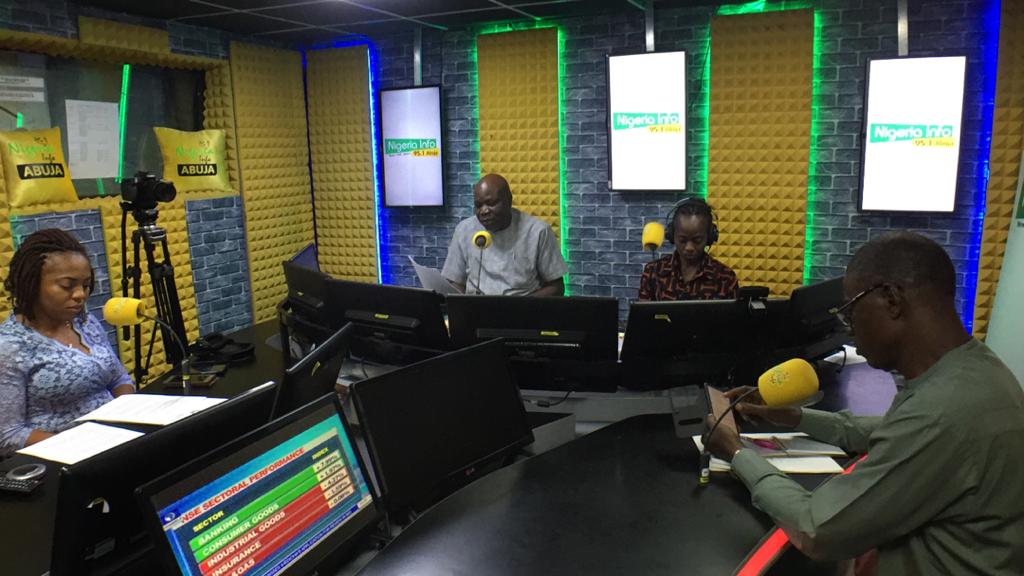Following debates on the estimated billings and the newly introduced capping policy among stakeholders in the power sector, an expert in electricity matters has opined that the policy would only work if the Nigerian Electricity Regulatory Commission, NERC will endeavor to enforce compliance among the Distribution Companies.

The Expert, Uket Obong of Nigeria Electricity Consumers Advocacy Network, expressed this view while featuring as guest on the Progressive Impact Organization for Community Development, PRIMORG’s Live Wednesday Program- Public Conscience on Radio, in Abuja.
He joined in the conversation regarding “Estimated Bills and the New Capping Policy, how it Affects Consumers and Enforcement by NERC,” pointing out that electricity distributors abuse the billing process. Capping, which entails placing a limit to what the electricity distribution companies can bill an unmetered consumer, he said, is mainly hampered by the arbitrary estimations, adding that the Nigerian System makes this illegal practice possible.
“The reason why the Discos saw estimated billings as a low hanging fruit they can reach out and pluck without any cost to themselves is because the system allowed it.
“They put in place a methodology in 2008 for estimated billing that they said has been repealed. In chapter 3 of that methodology, it provides for how to bill unmetered three-phase customers, including low and high voltage maximum demand customers.
“It also provided a template, a simple arithmetic formula to determine billings, but they were never followed. Discos only considered people’s building, personalities and societal status before allocating bills.” He explained.
Obonga said the capping policy is a welcomed development on the part of the consumers, noting that the power operators should adopt the ‘Load Measurement Method’ by taking the readings of the current voltage/consumption and key it into a globally accepted estimation formula before billing consumers. He made clarifications on the speculated capped payment that was placed
at N1,800 for estimated billings, stating that the price was merely an instance, that there is no fixed amount or means through which an unmetered house would know what was consumed unless there is thorough education of customers.
For instance, “If the Discos are to calculate estimated bill for a resident whose meter is faulty or has none, the limit such person can be given is 616 kilowatts hours, multiplied by the current tariff rate of N24.30k plus 7.5% VAT, that should give you the bill for the month.” He said.
Failure to enforce the capping order which is to come into effect by April 1, he said, would only lead to more irregularities in the sector, especially with the recent plan to increase electricity tariff rate. He stated that the Capping could also be disadvantageous to power consumers in reference to exploitation by Discos as the policy could be hijacked in serving bills to areas without electricity.
Obong pointed out that enforcement may be difficult on the part of NERC for they lack the resources, manpower and capacity to execute this order.
He called on government to review all models used in the privatization agreements, stressing that the activities of Discos need to be monitored as money collected are unaccounted for.

Public Conscience on radio is a syndicated anti-corruption program produced by PRIMORG, with support from the MacArthur Foundation.
About Author
You may also like
-
NEIP: ICPC Harps On Collective Fight Against Corruption
-
ICPC Says Constituency Projects Tracking Declining Corruption, Urge Nigerians To Report Infractions
-
Birth Certificates: Corruption Unabated in Registration Centers — FG Alerted
-
SGBV Epidemic: Father of Rape Victim Cries Out For Justice
-
Cross River Education Projects Undermined By Contract Frauds – Stakeholders Raise Alarm

